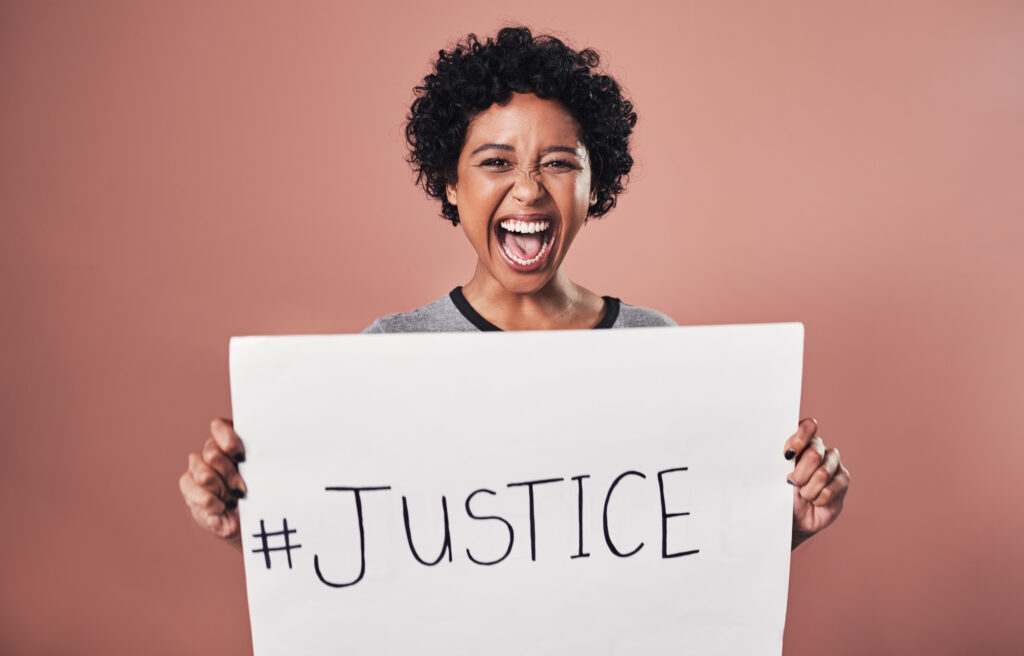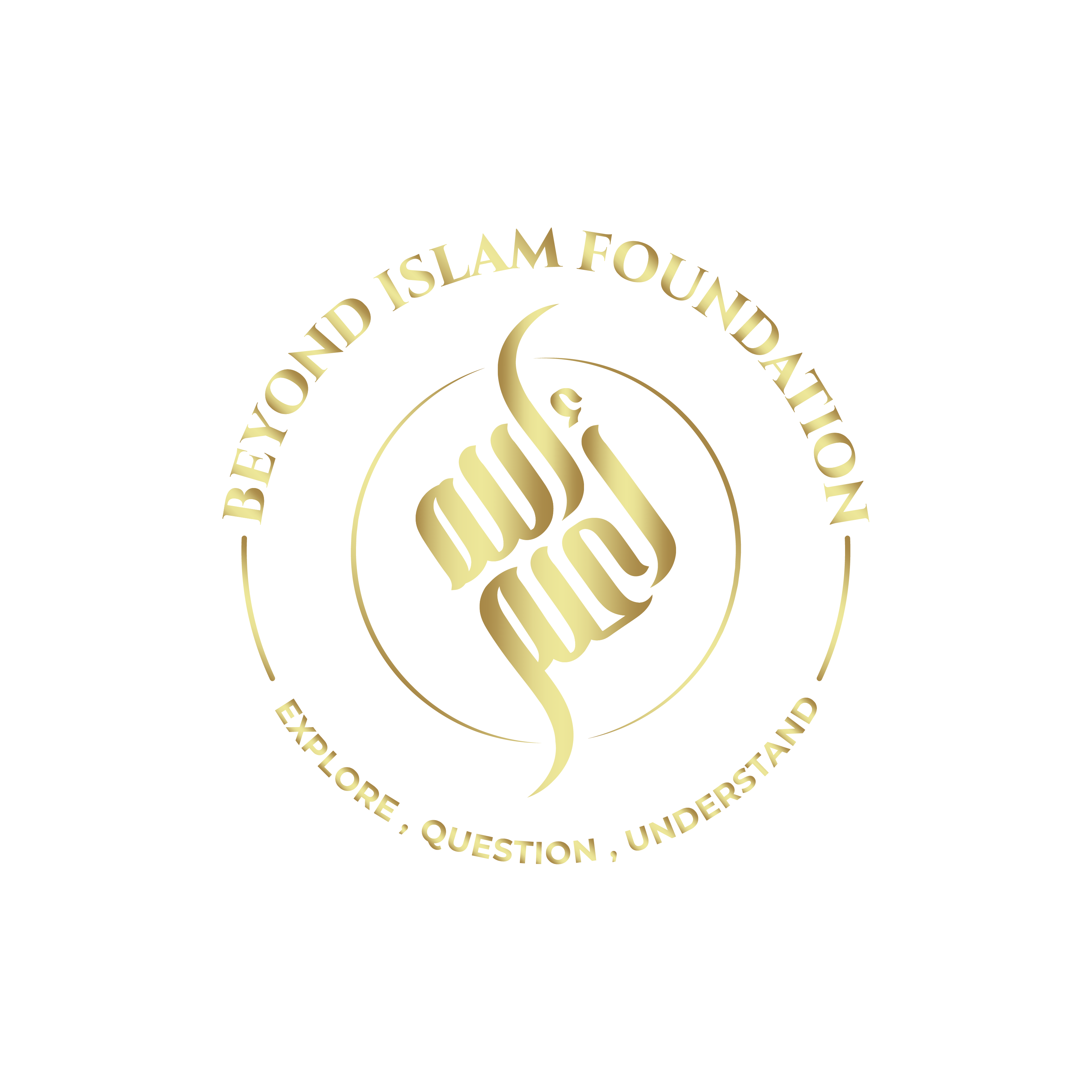Introduction: Justice as the Core of Social Stability
📖 “Indeed, Allah commands justice, excellence, and giving to relatives, and forbids immorality, wrongdoing, and oppression. He admonishes you so that you may take heed.” (Qur’an 16:90)
Justice (Adl) is a fundamental principle in the Qur’an, serving as the foundation for a secure and prosperous society. Throughout history, societies that upheld justice, such as the early Islamic state of Medina, thrived in stability and social cohesion, demonstrating the transformative power of fairness and equity. Without justice, safety and stability cannot exist. The Qur’an not only commands fairness in dealings but also emphasizes the protection of human dignity, accountability, and the rejection of oppression in all forms.
This article explores the Qur’anic principles of justice, the role of governance in maintaining security, and how societies can uphold fairness and righteousness for all.

1. The Qur’anic Command for Absolute Justice
📖 “O you who believe! Stand out firmly for Allah as witnesses in justice, and do not let hatred of a people prevent you from being just. Be just; that is nearer to righteousness.” (Qur’an 5:8)
📖 “And establish weight in justice and do not make deficient the balance.” (Qur’an 55:9)
Key Observations:
✅ Justice must be applied universally, regardless of personal biases or emotions.
✅ Fairness in transactions and societal dealings is a divine command.
✅ A just society is one that upholds balance and equality in all matters.
The Qur’an emphasizes that justice must not be influenced by personal relationships, enmity, or economic advantage.
2. Governance and the Role of Leadership in Justice
📖 “And We sent down with them the Scripture and the Balance that the people may maintain justice.” (Qur’an 57:25)
📖 “Indeed, Allah commands you to render trusts to whom they are due and when you judge between people to judge with justice. Excellent is that which Allah instructs you. Indeed, Allah is ever Hearing and Seeing.” (Qur’an 4:58)
Key Observations:
✅ Leaders and rulers are responsible for upholding justice.
✅ Governance should be based on trust, fairness, and accountability.
✅ Judicial and legal systems must serve the people equitably.
Leadership in the Qur’anic framework is not about power, but about ensuring justice and serving the people with integrity. Unlike many modern leadership models that prioritize political maneuvering, personal gain, or elite interests, Qur’anic leadership emphasizes humility, service, and accountability. True leaders are caretakers of society, acting as stewards who uphold justice for all, rather than ruling for personal or partisan benefit.
3. Protection of Rights and Human Dignity
📖 “And do not kill the soul which Allah has forbidden, except by right. And whoever is killed unjustly—We have given his heir authority, but let him not exceed limits in taking life. Indeed, he has been supported [by the law].” (Qur’an 17:33)
📖 “And do not consume one another’s wealth unjustly or send it [in bribery] to the rulers in order that [they might aid] you [to] consume a portion of the wealth of the people in sin, while you know [it is unlawful].” (Qur’an 2:188)
Key Observations:
✅ The Qur’an strictly prohibits unlawful killing and oppression.
✅ Financial justice is integral to a fair society—bribery and corruption must be eliminated.
✅ Human dignity is protected through moral and legal principles.
A just society ensures that every individual is protected from harm, exploitation, and unfair treatment. Historical examples, such as the legal reforms during the Caliphate of Umar ibn al-Khattab, demonstrate how justice-based governance can create social stability and economic fairness. In modern times, efforts to establish human rights frameworks align with these principles, emphasizing the necessity of safeguarding dignity for all individuals.
4. The Qur’anic Approach to Crime and Punishment
📖 “The recompense for an injury is an injury equivalent thereto; but if a person forgives and makes reconciliation, his reward is due from Allah.” (Qur’an 42:40)
📖 “And We ordained for them therein a life for a life, an eye for an eye, a nose for a nose, an ear for an ear, a tooth for a tooth, and for wounds equal retaliation. But if anyone remits the retaliation by way of charity, it is an expiation for him. And whoever does not judge by what Allah has revealed—then it is those who are the wrongdoers.” (Qur’an 5:45)
Key Observations:
✅ Punishments must be fair, proportional, and applied justly.
✅ Forgiveness and reconciliation are encouraged where possible.
✅ Laws should aim to rehabilitate rather than merely punish.
The Qur’anic model of justice incorporates both retribution and mercy, ensuring fairness while allowing room for compassion. Legal systems influenced by Islamic teachings have historically sought to balance these principles, as seen in the legal framework of the Ottoman Empire, which integrated restorative justice and mediation alongside structured legal codes. In contemporary contexts, some legal scholars advocate for the incorporation of rehabilitative measures within Islamic law to align with modern human rights standards.
5. Social Safety and the Elimination of Oppression
📖 “And what is [the matter] with you that you do not fight in the cause of Allah and [for] the oppressed among men, women, and children who say, ‘Our Lord, take us out of this city of oppressive people and appoint for us from Yourself a protector and appoint for us from Yourself a helper?'” (Qur’an 4:75)
📖 “And do not incline toward those who do wrong, lest you be touched by the Fire, and you would not have besides Allah any protectors; then you would not be helped.” (Qur’an 11:113)
Key Observations:
✅ Oppression must be actively resisted and eradicated.
✅ The protection of the weak and vulnerable is a moral duty.
✅ Society must not tolerate injustice or align itself with corrupt rulers.
The Qur’an teaches that standing against oppression is an obligation, ensuring that societies remain safe and just for all.
6. Implementing a Qur’anic Justice System
📖 “And establish the measure in justice and do not make deficient the balance.” (Qur’an 55:9)
Key Observations:
✅ Legal systems must be fair, transparent, and rooted in equity.
✅ All individuals, regardless of status, must be held accountable.
✅ A just society prioritizes prevention of crime over severe punishment.
Unlike oppressive or flawed legal systems, the Qur’anic model ensures that justice is impartial, fair, and universally applied.
Conclusion: A Just Society is a Safe Society
The Qur’an establishes justice as the foundation for a secure and harmonious society. Upholding fairness, protecting human dignity, and ensuring accountability in governance are essential to achieving true social stability.
🚀 Are you ready to implement justice in your daily life? Start by treating others with fairness, standing against discrimination, and advocating for ethical leadership. Engage in community initiatives that promote legal transparency and social equity. Support policies that ensure equal rights for all and encourage dialogue to resolve conflicts justly. A society built on justice starts with individual commitment to fairness and accountability. Stand for fairness in your dealings, resist oppression, and advocate for ethical leadership. A society built on justice is one that thrives in peace and security.
